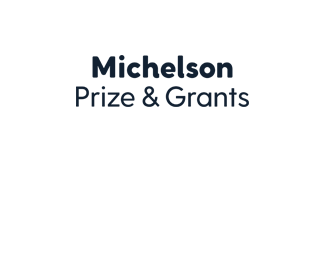In February, Michelson Prize & Grants Program Manager Becky Cyr had the incredible opportunity to attend the 11th International Symposium on GnRH in Salzburg, Austria. The three-day program, which attracted 170 participants from 35 different countries, was packed with sessions on the hypothalamic-pituitary-gonadal axis in cancer and reproduction. This was an important meeting for the Michelson Prize & Grants program, because every attendee was studying an aspect of gonadotropin-releasing hormone (GnRH), the master control hormone for reproduction. GnRH has long been a target for a nonsurgical sterilization method in animals, because it is evolutionarily conserved among different species and both males and females. This means that if someone can engineer a vaccine to immunize against GnRH for the lifetime of an animal, or deliver a cytotoxin to target and permanently kill or inhibit GnRH neurons, we could have a contender for the Michelson Prize. About 1/3 of our funded projects involve targeting GnRH neurons.
Because this meeting’s attendee base was such a receptive audience for our goal of developing a permanent, nonsurgical sterilant for companion animals, the Michelson Prize & Grants program organized an evening session on the second day of the conference, during which four Michelson Grantees presented their research approaches. The session began with a brief overview of the MPG program’s background and goals, our international research grants, and prize philanthropy model. Then, Drs. Auke Schaefers-Okkens (Utrecht University), Scott Struthers (Crinetics Pharmaceuticals), Doug Jones (Iowa State University), and Greg Dissen (Oregon Health & Sciences University) presented specific approaches that they are currently using with Michelson Grant funding to immunize against, ablate, or inhibit GnRH neurons. The session was very well attended, and attendees had stimulating questions for our grantees.
The GnRH symposium was a great success, and we are proud to have been a sponsor of such an important meeting. We’re looking forward to a busy conference season this year, with the upcoming Society of Toxicology Annual Meeting & ToxExpo on March 23-27 in Phoenix, AZ, and Experimental Biology on April 26-30 in San Diego, CA. We hope to see you there!

